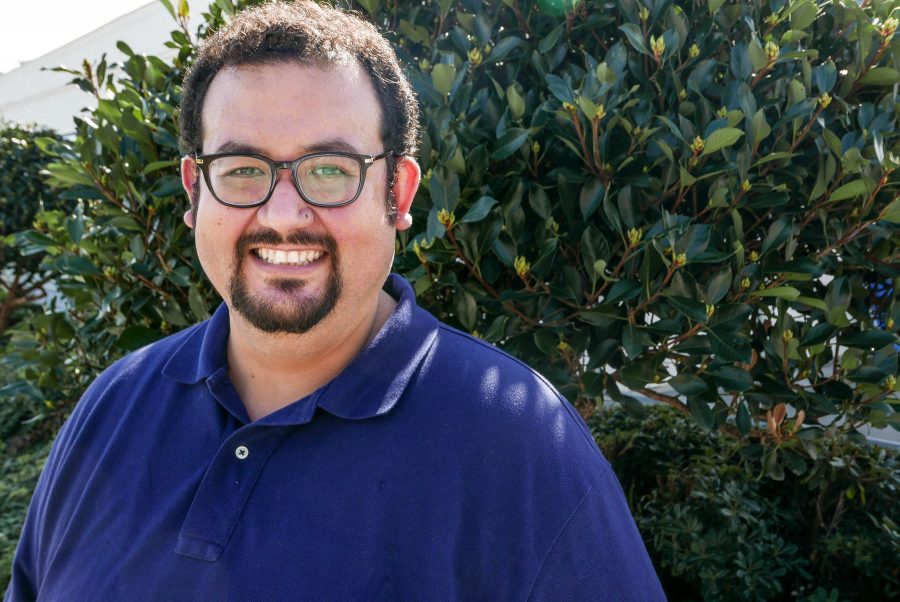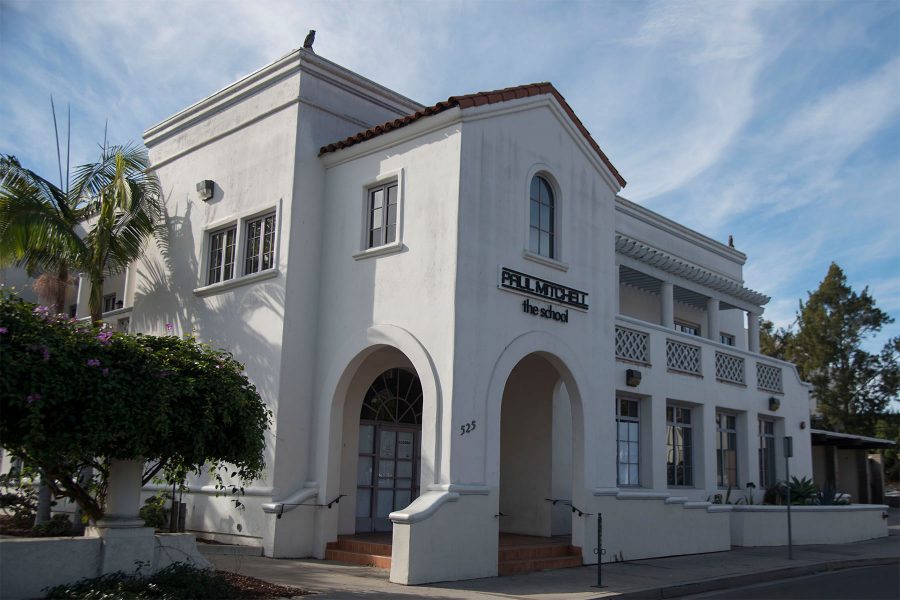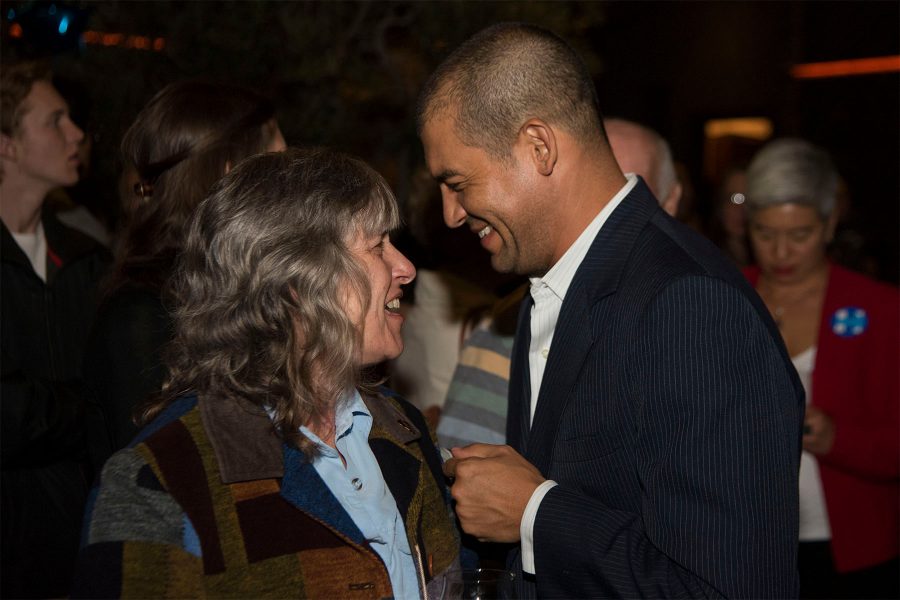You’re in a class and a disgruntled student walks in and threatens to shoot.
You’re in the cafeteria and the room fills with smoke.
You’re running the stairs at La Playa Stadium and there’s an earthquake.
What do you do? What should you do?
As violent crimes in schools continue to make headlines nationwide, City College has taken a step toward making the campus safer by implementing different evacuation and emergency protocols.
The Channels asked students what they would do in the event of a violent crime or natural disaster. Erik Fricke, head of security, explained what the campus community should do in such events.
Active Shooter
Andy Pappas, computer science major, said “I’d hide in the room, out of sight,” and continued by mentioning he would turn out the lights and lock the door.
Fricke said if there was a shooter on campus “students have to move away from the sounds.”
“If you feel that exposes you [to the shooter], turn out lights and barricade the doors,” he added.
City College’s homepage has an emergency section with video instructions on what to do in almost any kind of emergency.
- “Last Resort ACTIVE SHOOTER SURVIVAL Measures by Alon Stivi.”
- “RUN. HIDE. FIGHT.® Surviving an Active Shooter Event”
The videos detail instruction on what to do in case an active shooter comes into a classroom.
Campus Fire
“I would look at what the others were doing and do the same,” said Dustin Wolff, communication major. “Then I would evacuate the building.”
Wolff said that he wouldn’t know where to go once he got outside.
City College has six evacuation zones for these types of situations. They are located here.
At every location there is a white sign marked with the name of the evacuation site inside a red circle. If needed, go to the evacuation zone that is most safe to access.
There will be safety marshals there to direct students and faculty out of the building safely. The school has over 70 Marshals who are in charge of a specific area.
There are floor, building and zone Marshals that are on campus at almost all hours.
Earthquake
Shelby Kowalski, environmental science major, said that she would run to higher ground.
“The only reason I know that is because I know geography,” she said.
If there is an earthquake there is a chance of a tsunami.
“Seek higher ground when it’s safe to do so,” Fricke said. “Then go to the nearest or easiest evacuation zone you can get to.”
In any kind of emergency, it’s safer to leave the area said Fricke.
“Different emergencies require different things,” he continued.
“If there were to be a chemical leak, it might be best to barricade in the room and turn off the air conditioner.” Fricke said. “Going outside may expose you to the chemical or radiation.”
If any of these situations were to happen, every classroom on Campus has a designated speaker that will explain what is happening.
“The easiest way to know what is happening on campus is to sign up for ‘AlertU,’” said Dr. Ben Partee, dean of student development.
“AlertU” is a free service that sends text messages if an emergency were to happen on Campus. Sign up here.
There are also 21 emergency phones spread around campus. Most of them are seven feet tall and have a blue light on top of them.
The phones have two buttons. The one on the right is a big red button that immediately calls 911; the one on the left is a smaller dark grey button that connects to campus security.
Security checks to see if the emergency phones are working properly once every semester. If it doesn’t work, a sign saying “out of order,” will be attached to it immediately and it will be fixed as soon as possible.













